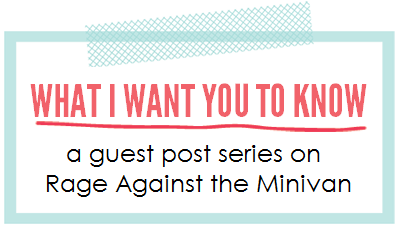On July 9, 2011, my world changed. My husband of four years (and partner for over eleven) was in a bicycling accident that left him paralyzed from the waist down. Before the accident, we always talked about how lucky we were, how perfect our lives were. He had a job he loved and that paid well, I was pursuing my academic dreams, and we had the most amazing 16 month old little girl. Life was more than good. Life was great. And then it changed. I remember the morning, maybe two or three days after his accident, that I glanced at his medical charts as I walked into his ICU room and read “acute paraplegia.” That was the moment that things began to sink in, the moment that I knew this was not an accident that Jason could simply recover from and go back to normal. This was forever. And then we met with the doctors, the killers of hope. After a while, you tire of hearing that he will not walk again.
And, at first, that’s all you can focus on: not walking. I could not fathom how we would manage with him not being able to walk. But soon you realize this is not the biggest issue at all. What I didn’t know, and what I imagine many of you don’t know, is that paralysis means more than not walking. It means not having total control of your bowel or bladder, having to constantly worry about pressure sores, worrying about not being able to feel if you’ve hurt yourself, and possibly not having any more children. Paralysis changes everything and impacts nearly every aspect of your life.
And spinal cord injuries don’t just impact the person who experienced the trauma: your whole family is shaken. At 27 years old, I became my husband’s caretaker as he re-learned how to do the most basic of daily activities–bathing, getting dressed, going to the bathroom. It took a lot of work to ensure that I was his wife, and not a nurse. Our traditional notions of what being a father looked like–much of which revolved around being able to physically do certain things (throw your child in the air, go swimming with them, put your daughter on your shoulders, etc)–were altered pretty radically. We now know that being a father, or parent for that matter, is about love, attention, and involvement.
Five weeks in the hospital, years of intense physical therapy and….still no walking. But, at two years out, I can say with perfect honesty that that’s okay. But it seems hard to convince others of that, especially because this new life of ours does come with it’s share of challenges. What I want you to know is that we do not need pity. Yes, it’s terrible that this happened, but we’ve picked up the pieces and are moving on the best we can. You should also know that we (I) still have bad days. We are appreciative of Jason’s progress, but sometimes the changes are overwhelming, even this long after the accident. What we need is support, love, and an occasional offer to watch the baby or walk the dog is always appreciated!

